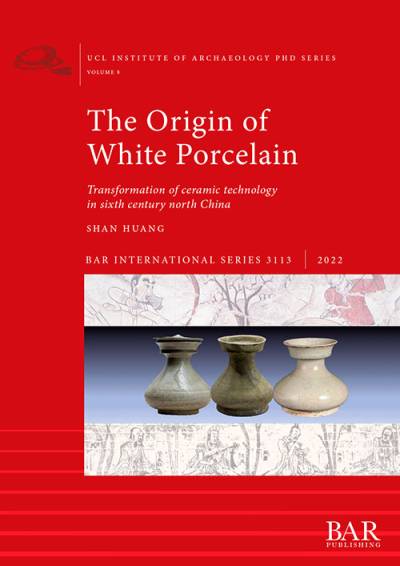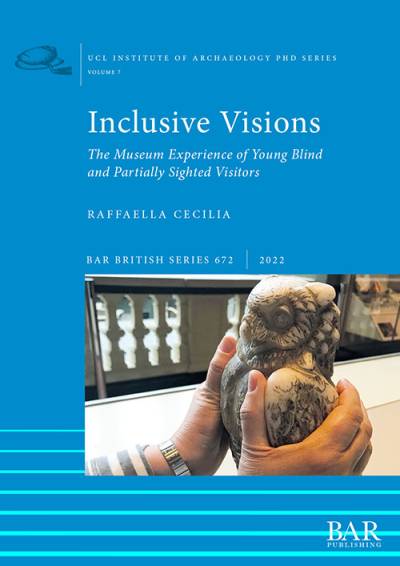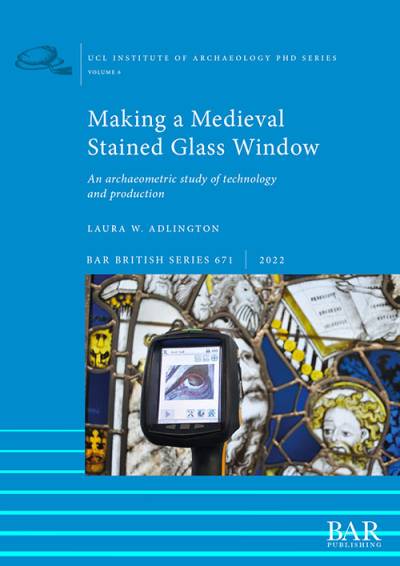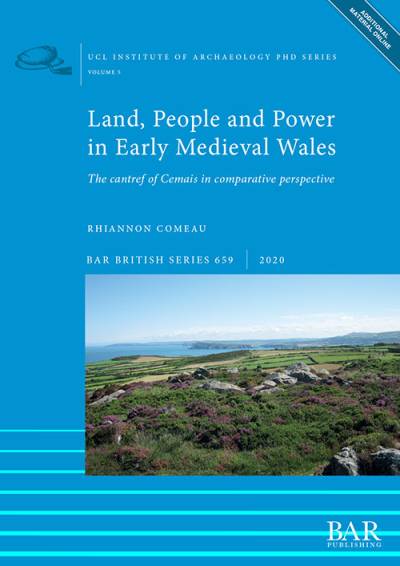Urbanism and its Impact of Human Health
14 June 2023
The latest volume in the UCL Institute of Archaeology PhD Series published by BAR, is now available, highlighting research by Anna Moles on the impact of social, economic and political changes at Knossos.
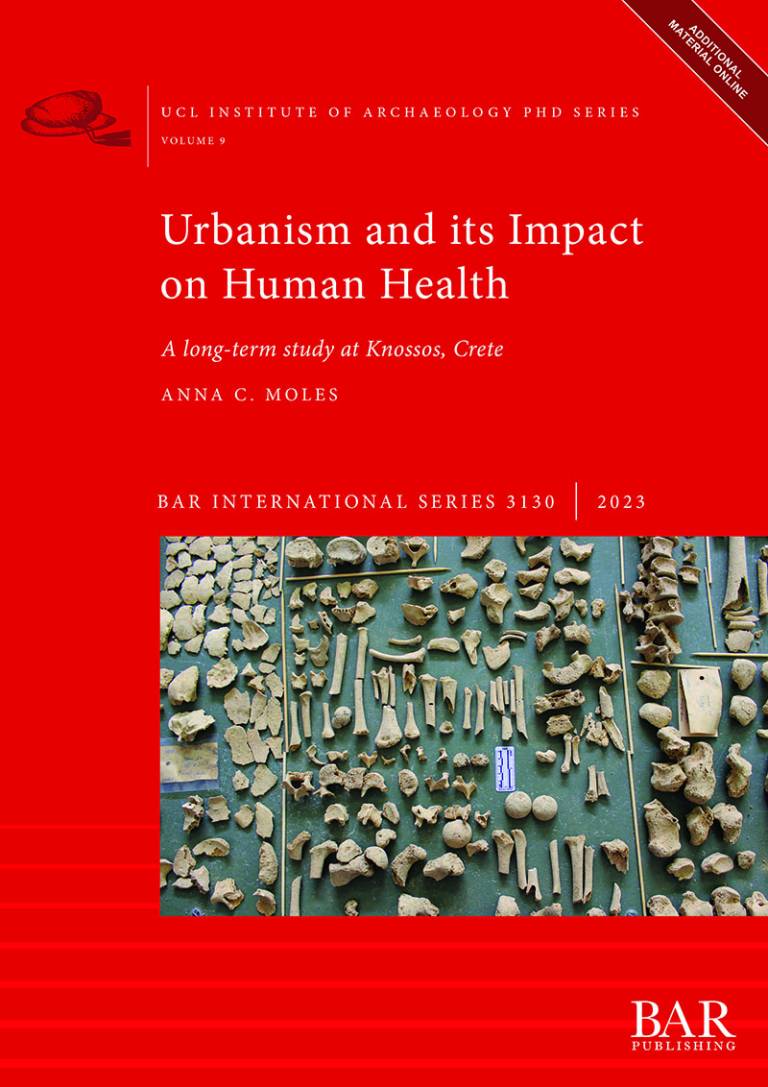
Anna Mole's new volume demonstrates how social, economic and political changes impacted the everyday lives of the people of Knossos, at the fundamental level of their health and diet, during the Hellenistic, Roman and Late Antique periods.
Knossos, in north-central Crete, was an important site in Aegean and Mediterranean networks throughout this timespan, though the city experienced cycles of urban development and decline. As an extensively studied and well-documented site, it provides a unique opportunity to study long-term phenomena associated with its varied past.
The osteological and isotopic research presented is integrated with previous work on material culture and textual sources to provide a contextualised interpretation of the lifeways and social history of the people of Knossos.
According to reviewers:
“This original research adds to our understanding of a broadly neglected region within Classical Archaeology. By taking a human skeletal analysis approach to the material, Dr Moles not only re-orientates the study of legacy data from problematic datasets, but contributes meaningfully to the study of Knossos, particularly in the historic period."
Anna is now Assistant Professor of Mediterranean Archaeology and Human Osteoarchaeology at the University of Groningen. She completed her PhD with us in 2019, funded by the AHRC, British School at Athens and Onassis Foundation.
The aim of the UCL Institute of Archaeology PhD series, published by BAR, is to offer rapid publication of largely unaltered PhD theses. It covers the full range of subject areas studied at the Institute, including world archaeology, archaeological science, cultural heritage, conservation and museum studies. It makes data, analyses and interpretation available promptly to a wide audience.
 Close
Close


